EDITORIAL
Published on 02 Jul 2024
Editorial: Updates on radiation-induced lymphopenia
doi 10.3389/fonc.2024.1448658
- 910 views
6,994
Total downloads
22k
Total views and downloads
You will be redirected to our submission process.
EDITORIAL
Published on 02 Jul 2024
SYSTEMATIC REVIEW
Published on 01 Dec 2023
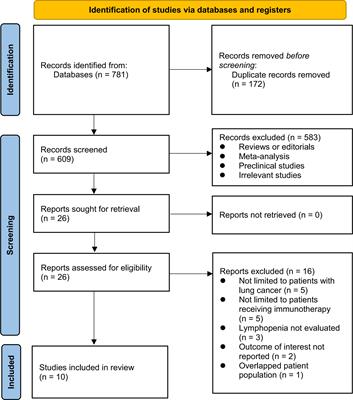
ORIGINAL RESEARCH
Published on 09 Nov 2023

REVIEW
Published on 03 Aug 2023
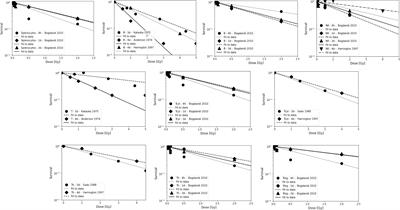
ORIGINAL RESEARCH
Published on 16 Jun 2023
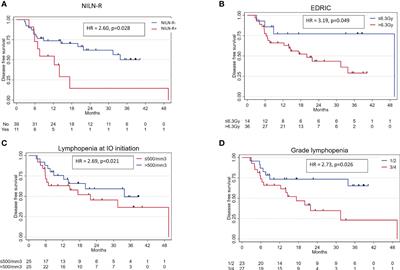
ORIGINAL RESEARCH
Published on 12 May 2023
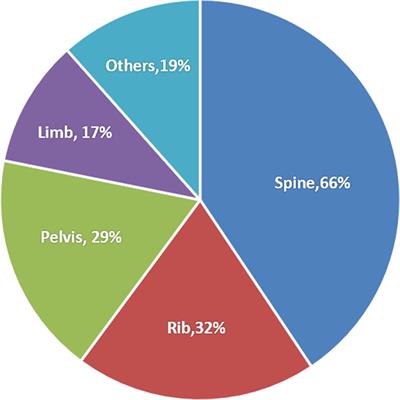
ORIGINAL RESEARCH
Published on 08 May 2023
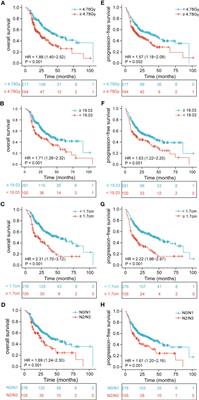
ORIGINAL RESEARCH
Published on 27 Feb 2023

ORIGINAL RESEARCH
Published on 15 Sep 2022

ORIGINAL RESEARCH
Published on 28 Apr 2022

